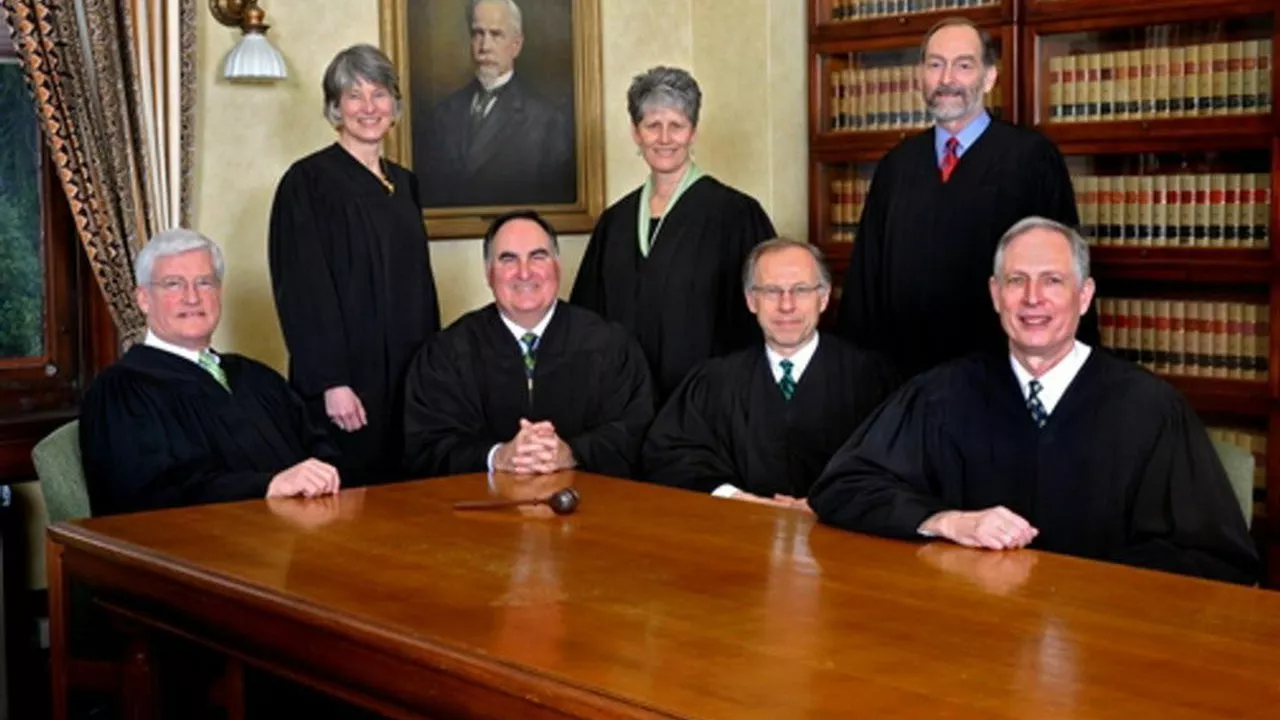Understanding the Plea
As a blogger who follows Indian politics closely, I have recently come across a significant development that has piqued my interest. A plea has been filed in the Supreme Court of India, seeking the imposition of President's Rule in the state of West Bengal. This plea, I believe, is unprecedented and can have far-reaching implications for the state and the country. It is essential to understand what this plea entails, why it has been filed, and what it seeks to achieve.
Grounds for the Plea
The plea, filed by a group of petitioners, alleges that the state of West Bengal is in a state of lawlessness and anarchy, which necessitates the imposition of President's Rule. They cite the alleged breakdown of constitutional machinery in the state, escalating violence, and failure of the state government to maintain law and order as the main reasons for their plea. They also note that the state government has failed to uphold the fundamental rights of the citizens of West Bengal, which adds to their argument.
The Constitutional Provisions
In order to fully grasp the implications of this plea, it is important to understand the constitutional provisions that govern the imposition of President's Rule. Article 356 of the Indian Constitution allows for the imposition of President's Rule in a state if the President, on receipt of a report from the Governor of the state or otherwise, is satisfied that the governance of the state cannot be carried out in accordance with the provisions of the Constitution. This clause has been invoked numerous times in the history of independent India, but its invocation has always been a contentious issue.
Implications for West Bengal
If the Supreme Court accepts the plea and President's Rule is imposed, the implications for West Bengal could be significant. The state government would be dismissed, and the state would be governed directly by the President through the Governor. This could result in a major shift in the state's political landscape, with the current government losing its power and the central government gaining direct control over the state's affairs. This could also lead to tensions between the state and the central government, further complicating the political scenario.
Implications for the Indian Democracy
While the implications for West Bengal are clear, the imposition of President's Rule also has wider implications for the Indian democracy. It raises questions about the balance of power between the state and the central government, the role of the judiciary in interpreting the Constitution, and the nature of federalism in India. It also brings into focus the issue of the protection of fundamental rights and the role of the state in ensuring their protection.
The Supreme Court's Role
The role of the Supreme Court in this matter is critical. As the highest court of the land, it has the ultimate authority to interpret the Constitution and decide on the validity of the plea. The court's decision will not only determine the future of West Bengal but also set a precedent for similar cases in the future. Therefore, the court's handling of this case will be watched closely by legal experts, political analysts, and the public at large.
Looking Ahead
The plea for President's Rule in West Bengal is a major development in Indian politics, and its outcome could have far-reaching implications. As a blogger, I am keenly following this case and will keep you updated on all the latest developments. In the meantime, it is important for us as citizens to understand the constitutional provisions that govern such matters and the implications they have for our democracy. This understanding will enable us to form informed opinions and engage in meaningful discussions about the future of our country.
